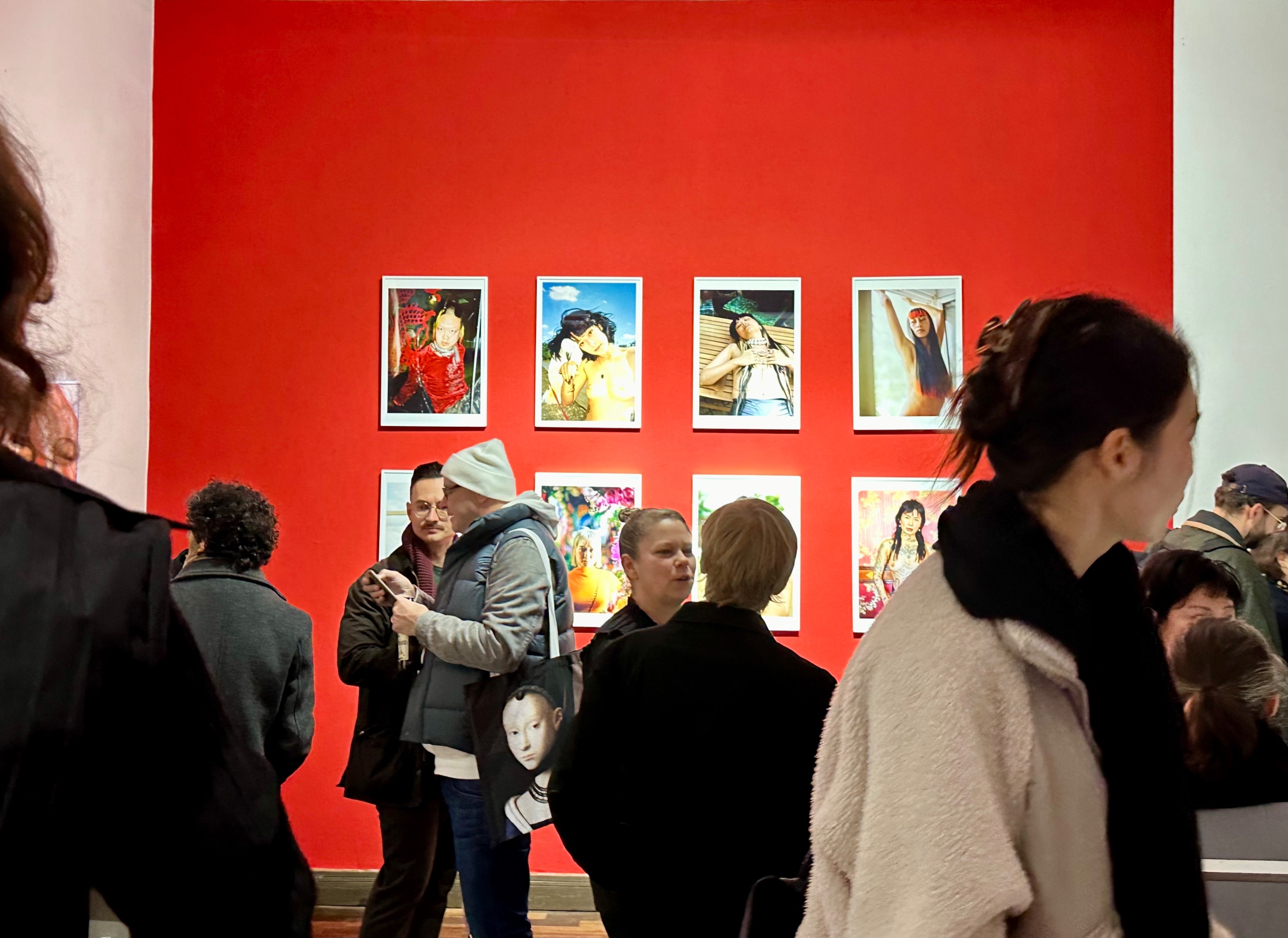Embodied Diaspora in the State of Exception (2024)

The bodies of Diaspora Birds, photographed with such tenderness and intimate joy by Luo Yang, are part of a multinational community whose common denominator is “Asia.” This can mean China, Thailand, or the Philippines; it may refer to people with origins in these distant (only from a European perspective) locations or those who grew up there. Most of them came from or were born in Paris; some live in Berlin or Vienna. Most of them lead nomadic lives and work in culture-related free professions. They all speak—or at least understand—several languages, both European and Asian, which makes them “citizens of the world” and significantly expands their life experiences, communication, and networks.
However, in the world of re-emerging fascism, the Diaspora Birds and their bodies perhaps show more vulnerability and precarity than they would in a different political climate. While they seem comfortable and safe in their locations—depicted as Third Spaces in the sense given to this notion by Homi Bhabha—they also appear as if mimicry and dissimulation were necessary attributes for their survival. If, as Bhabha writes, following Franz Fanon, culture is always a political struggle, then the weapons of the Diaspora Birds are those of the weak—which does not necessarily mean those who lose. On the contrary, the usual dose of cultural contradictions is here multiplied by the rhizomatic, errant play with art, fashion, and desire, effectively decentralizing the racialized battlegrounds typical for migrant communities.
What seems so prominent in the appearance of the people photographed by Yang may also be an element of her own photographic and political strategy—to use "other" methods and visual tactics for expressing difference but perhaps also to announce disagreement and make claims in ways that go beyond what we typically perceive as "political." In the discussion, I would like to move beyond the typical exoticization and suggest that this photographic project can be seen as one based on soft solidarity and weak resistance, with all its ontological and strategic implications.
About Professor. Ewa Majewska
Professor Majewska is a preeminent thinker in antifascism, feminist theory, and cultural resistance. She is an Associate Professor at SWPS University in Warsaw and the Principal Investigator of the project Public Against Their Will: The Production of Subjects in the Archives of "Hiacynt" Action.
Her acclaimed works include the book Feminist Antifascism: Counterpublics of the Common (Verso, 2021) and numerous articles published in journals such as Critical Times, e-flux, and Third Text. Among her honors, Professor Majewska received the prestigious Emma Goldman Award in 2023 for her significant contributions to feminist and antifascist thought.
Date: December 6, 2024
Hosts: Stephan Keel and Lu Mei
Time: 19:00 - 20:00
Admission: Free
Migrant Bird Space
Koppenplatz 5
10115 Berlin
